Minorities in Syria prospects for unity and reconstruction
- Update Time : Thursday, January 9, 2025
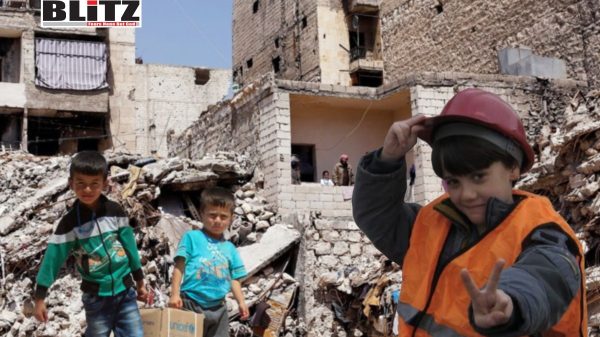
Political history across the globe has repeatedly demonstrated the perils of neglecting the concerns of small or marginalized groups, whether defined by sect, ethnicity, gender, or other divisions. From the colonial redrawing of borders to modern conflicts, ignoring minority issues has often set the stage for foreign intervention, occupation, and even long-lasting civil wars. In Syria, a nation with a rich and ancient history, the treatment and role of minorities have become focal points in the post-Assad era, raising questions about sovereignty, unity, and the role of international actors in shaping the country’s future.
Throughout history, large political entities have frequently been built on the subjugation of smaller groups. The nation-state, a relatively modern concept emerging in 19th-century Europe, was designed to unify diverse populations under a common identity. However, even within established democracies, irredentist and separatist movements have persisted. Today, far-right and isolationist forces in Europe, such as in Italy, are reigniting debates over national unity, migration, and identity.
Similarly, in regions like Asia and Africa, colonialism’s legacy continues to fracture societies. Examples include the Amazigh of North Africa, the Baloch of South Asia, and the Fulani across the Sahel. These groups’ struggles for recognition and autonomy echo the dilemmas faced by the Kurds in the Near East and Palestinian Arabs displaced by the Israeli occupation. Syria, too, has long been home to a diverse population, including Kurds, Christians, Druze, and Alawites, whose interests and rights have historically been sidelined by successive regimes and foreign powers alike.
The fall of the Assad regime has opened a new chapter in Syria’s tumultuous history, with the issue of minority rights emerging as a central concern. For decades, the Assad family ruled Syria with an iron fist, suppressing dissent and maintaining control through a complex web of sectarian alliances and brutal military force. Now, as Syria attempts to rebuild, the international community has emphasized the importance of safeguarding minority rights as a prerequisite for aid and reconstruction.
This approach has sparked significant debate within Syrian and Arab circles. Critics argue that it represents a continuation of the “arrogant” Western attitude towards Syria, undermining the country’s sovereignty and implying that Syrians are incapable of achieving coexistence without external interference. From this perspective, the focus on minorities is seen as a strategy to fragment Syrian society further, making it more susceptible to foreign influence and less capable of forming a cohesive, progressive state.
The international community’s involvement in Syria has been marked by inconsistencies and selective intervention. During the Syrian civil war, foreign powers largely stood by as civilians faced atrocities, including chemical attacks, barrel bombs, and mass displacement. Now, in the wake of Assad’s departure, the same powers advocate for a political framework that prioritizes minority rights. This shift has fueled skepticism among Syrians, who view these actions as self-serving and disconnected from the realities on the ground.
Nevertheless, those advocating for international conditions on Syria’s rebuilding process argue that such measures could help ensure accountability and foster an inclusive national identity. The challenge, however, lies in balancing external assistance with genuine Syrian-led initiatives. Syrians must determine their future without undue foreign pressure, but they must also acknowledge the complexities of rebuilding a fractured nation within the context of global politics.
The task of uniting Syria under the banner of “The Syrian people are one” is monumental. Years of civil war, sectarian divisions, and external interference have left deep scars. National reconciliation requires addressing past grievances while laying the groundwork for a future built on equality, mutual respect, and citizenship. This includes recognizing the rights of all Syrians, regardless of religion, ethnicity, or gender.
Accountability will be crucial in this transition. Unlike post-invasion Iraq, where a flawed justice system fueled further divisions, Syria must establish legitimate judicial and constitutional mechanisms to address past abuses. Military field courts, driven by vengeance, would only perpetuate the cycle of violence and mistrust.
The new Syria must transition from a police state to a state of institutions that upholds the rule of law and respects human rights. This process requires a clear vision for national governance and a pragmatic approach to regional and international relations. The Syrian leadership must navigate complex geopolitical dynamics, engaging with global powers to secure economic and security interests without compromising sovereignty.
For instance, cooperation with neighboring countries like Turkey, Iraq, and Lebanon will be essential for addressing shared challenges, including refugee repatriation, border security, and economic recovery. At the same time, Syria must remain wary of becoming a pawn in larger geopolitical struggles, such as those between the United States, Russia, and Iran.
Syria’s journey towards unity and stability will not be easy. It requires a collective effort from all segments of society, as well as a leadership committed to justice, inclusivity, and transparency. The international community’s role should be one of support rather than imposition, respecting Syria’s sovereignty while providing the resources needed for reconstruction and reconciliation.
Ultimately, the success of Syria’s transition hinges on the ability of its people to transcend past divisions and build a future rooted in shared values and aspirations. While the road ahead is fraught with challenges, the potential for a united and prosperous Syria remains within reach. It is a delicate balance, but as the saying goes, politics is the art of the possible.



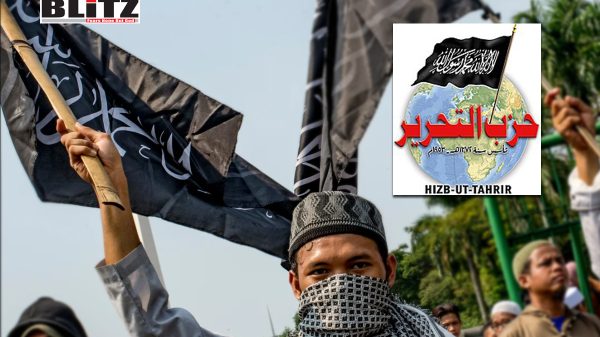
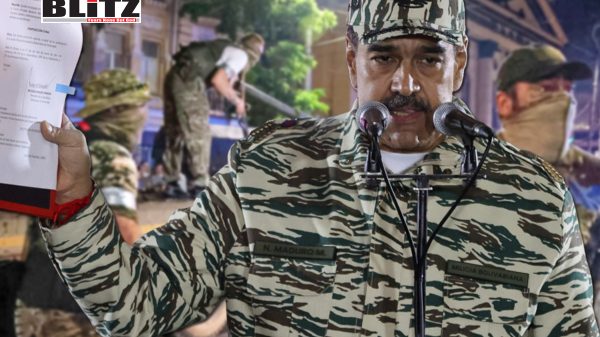
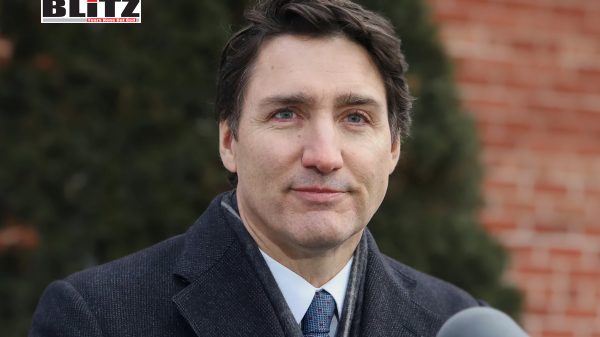
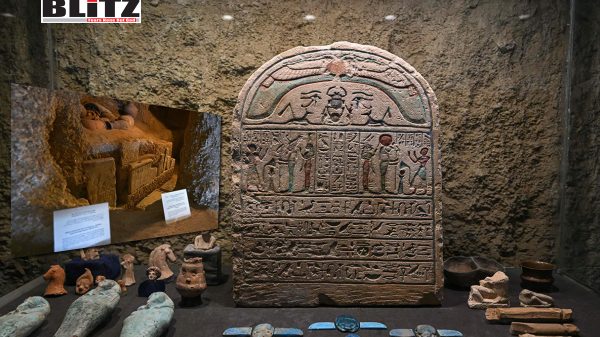

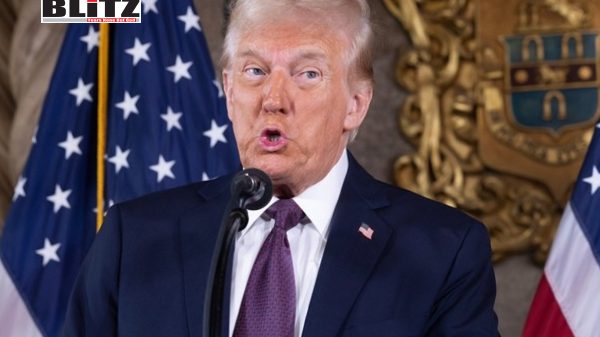
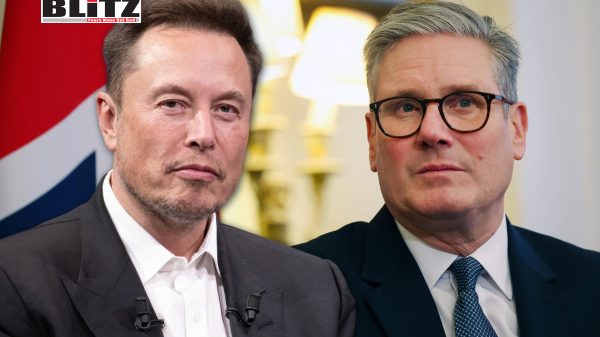
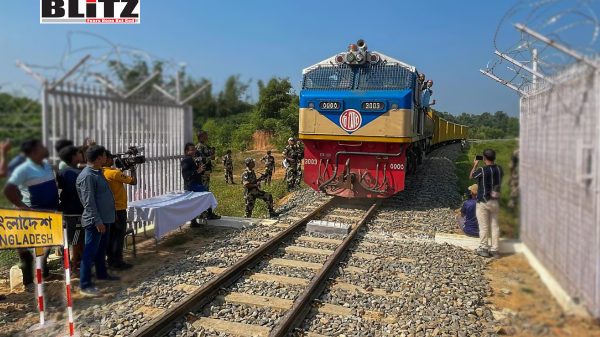



Leave a Reply